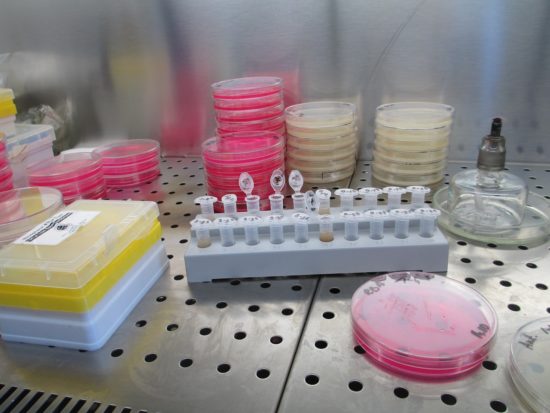Antimicrobial resistance and climate change in the One Health food safety paradigm: A global perspective
A systematic review explored the link between antimicrobial resistance (AMR), climate change, and food safety within a One Health framework.
-
Scope: Nine review articles (up to Jan 2024), covering 1,171 AMR observations across 59 countries.
-
Findings:
-
High antibiotic resistance (MARI ≥ 0.40) was reported in 86% of countries, with the greatest burden in Asia and Africa.
-
Resistant bacteria were mainly found in the environment (54.9%) and food sources (34.6%), particularly aquaculture and seafood.
-
Key pathogens: Vibrio spp., Aeromonas spp., Salmonella spp.
-
Rising AMR prevalence correlated with increasing global temperatures and other climate variables (season, rainfall, heatwaves, sea level).
-
Conclusion
Climate change—especially warming—appears to accelerate AMR spread via food and environmental reservoirs. This convergence poses a major risk to food safety and public health, calling for integrated One Health strategies that jointly address AMR and climate challenges.
AMR NEWS
Your Biweekly Source for Global AMR Insights!
Stay informed with the essential newsletter that brings together all the latest One Health news on antimicrobial resistance. Delivered straight to your inbox every two weeks, AMR NEWS provides a curated selection of international insights, key publications, and the latest updates in the fight against AMR.
Don’t miss out on staying ahead in the global AMR movement—subscribe now!






